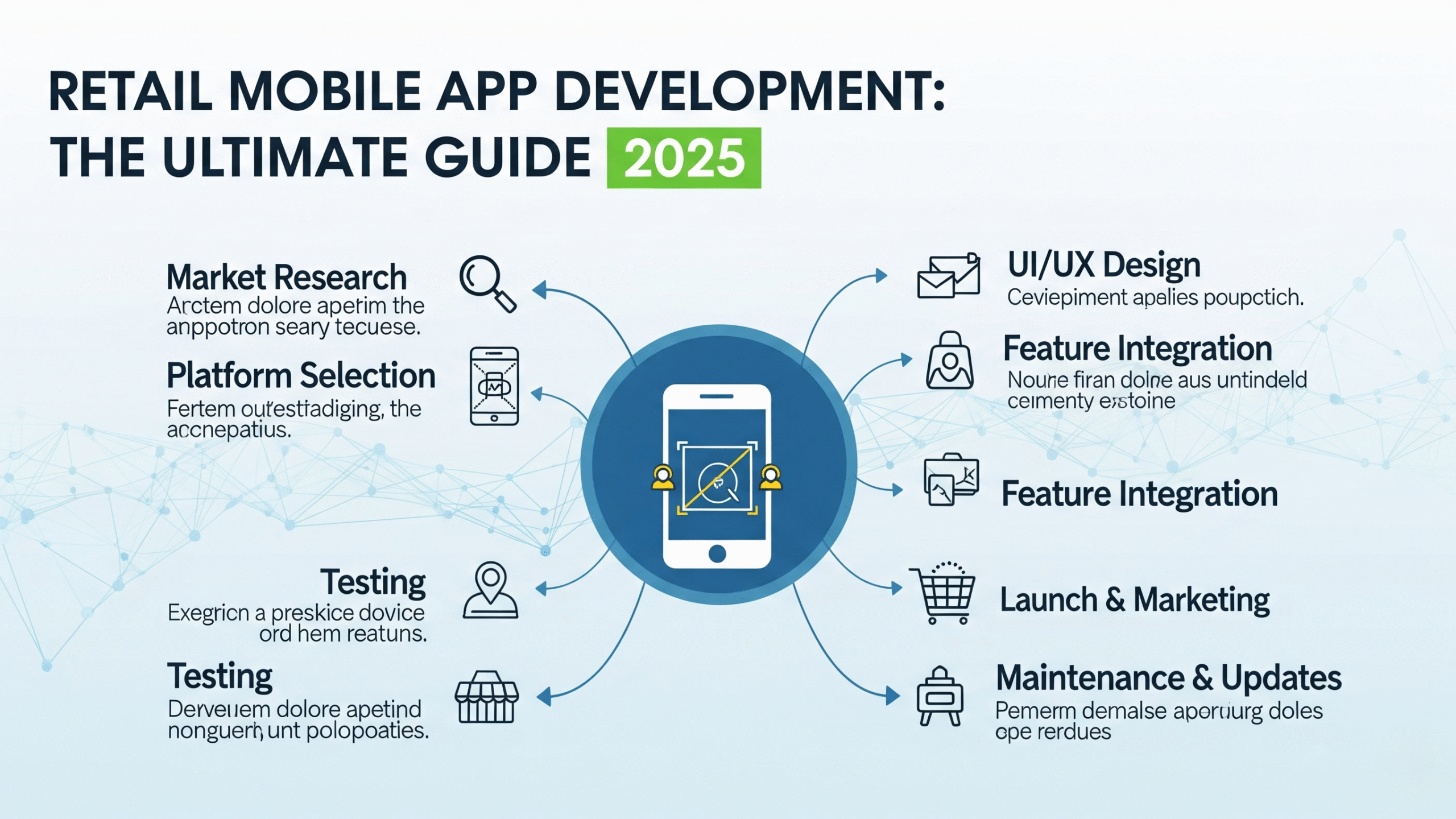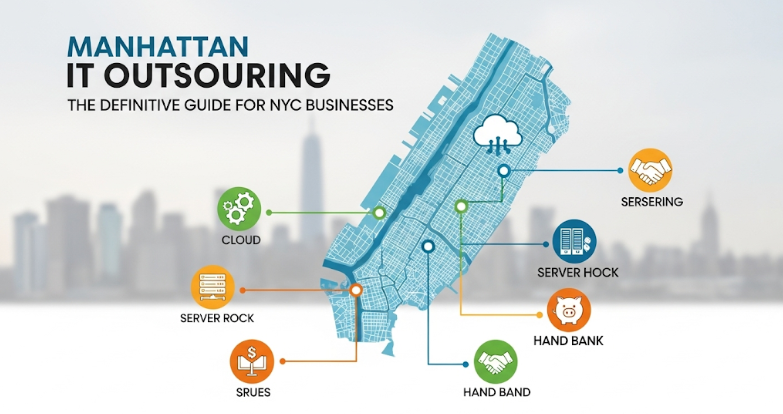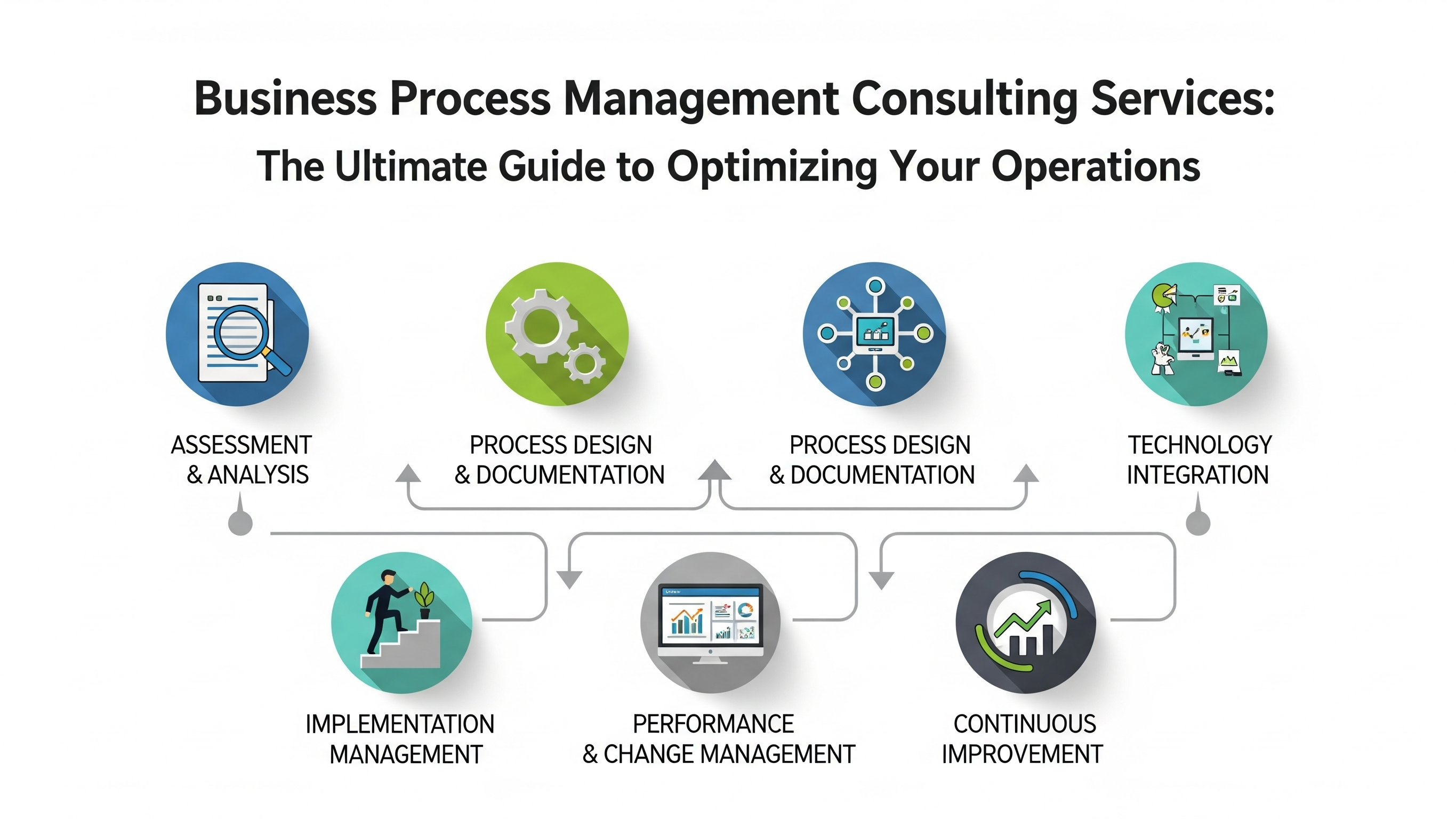In today’s digital-first marketplace, a mobile-responsive website is no longer enough. With over 70% of retail website visits coming from mobile devices, customers demand a faster, more personalized, and more convenient shopping experience. This is where dedicated retail mobile app development becomes your most powerful tool for growth, loyalty, and staying ahead of the competition.
Forward-thinking retailers are leveraging apps to create a seamless shopping journey that bridges the online and in-store experience. If you’re considering building an app for your retail business, this guide will walk you through the essential features, the development process, cost factors, and how to choose the right partner.
Why Your Retail Business Needs a Mobile App
While a mobile website is accessible, a native app lives on your customer’s phone, serving as a constant reminder of your brand. The benefits are substantial:
- Boost Customer Loyalty: Integrate a rewards program directly into the app, making it easy for users to earn and redeem points, increasing lifetime value.
- Drive Sales with Push Notifications: Send targeted offers, alerts for flash sales, and reminders about abandoned carts directly to your customers’ lock screens, achieving open rates as high as 20% (compared to ~2% for email).
- Offer a Personalized Experience: Recommend products based on past purchases and browsing behavior, making customers feel understood and increasing average order value.
- Gain Valuable Insights: Unlock deep analytics into how users interact with your products, providing data to inform your overall business and marketing strategy.
Must-Have Features for a Winning Retail App
A successful app balances sleek user experience with powerful functionality. Here are the non-negotiable features:
1. Superior User Experience (UX):
- Frictionless Onboarding: Allow sign-ups via social media or email in seconds.
- Intuitive Navigation: Ensure users can find what they need in three taps or less.
- Robust Search & Filtering: Include visual search, barcode scanning, and filters for size, color, price, and more.
2. Core Commerce Functionality:
- High-Quality Product Catalog: Showcase items with high-resolution images, 360-degree views, and videos.
- Multiple Secure Payment Options: Integrate credit/debit cards, PayPal, Apple Pay, and Google Pay for a frictionless checkout.
- Shopping Cart & Wishlist: Let users save items for later and easily complete purchases.
3. Personalization & Engagement Tools:
- Personalized Recommendations: Use AI to display “customers also bought” and “recommended for you” sections.
- In-App Loyalty Program: Allow users to track points, see available rewards, and redeem them effortlessly.
- Order Tracking & History: Provide real-time delivery updates and easy access to past orders for reordering.
4. Advanced Features to Stand Out:
- Augmented Reality (AR): Let customers “try on” glasses, see how furniture looks in their room, or preview makeup shades.
- In-Store Mode: Use geofencing to welcome users when they enter a store, offer digital coupons, and provide store maps.
- Offline Browsing: Enable users to browse products without an internet connection, syncing data once they’re back online.
The Retail App Development Process: A Step-by-Step Breakdown
Building a successful app is a methodical process:
- Discovery & Strategy: We define your business goals, target audience, and core feature set. This phase results in a detailed Product Requirements Document (PRD).
- UI/UX Design: Our designers create wireframes and interactive prototypes, mapping the entire user journey to ensure it is intuitive and engaging.
- Development: Our engineers code the front-end (what the user sees) and the back-end (server, database, admin panel) using Agile methodology for transparency and flexibility.
- Rigorous Testing (QA): We test the app on dozens of devices and OS versions for functionality, performance, security, and usability.
- Deployment: We handle the entire process of submitting your app to the Apple App Store and Google Play Store.
- Maintenance & Updates: We provide ongoing support, fix bugs, and release updates with new features to keep your app secure and competitive.
How Much Does Retail Mobile App Development Cost?
The cost of development depends on several key factors:
- Complexity: A basic app with standard features costs less than a complex app with custom integrations, AR, and a sophisticated back-end.
- Platform: Native iOS or Android development typically costs more than cross-platform development but offers superior performance.
- Design: Custom, high-fidelity UI/UX design requires more investment than using standard templates.
- Development Team Location: Rates vary significantly based on whether you hire developers locally, nationally, or offshore.
A basic app can start from $30,000 – $50,000. A mid-range app with more custom features typically falls between $50,000 – $100,000. A complex, feature-rich app can cost $100,000+.
Remember to budget for ongoing costs like app store fees, server hosting, maintenance, and marketing.
How to Choose the Right Development Partner
Your app’s success hinges on your choice of partner. Look for a retail app development company that:
- Has a strong portfolio of successful retail and e-commerce apps.
- Provides transparent communication and follows a clear process (like Agile).
- Offers post-launch support and maintenance.
- Understands the unique challenges of retail, such as inventory synchronization and PCI compliance for payments.
Ready to Build Your Retail Mobile App?
At [Your Company Name], we specialize in creating high-performing, beautiful mobile apps that drive sales and foster loyalty for retail brands. We become your strategic partner, guiding you from initial idea to successful launch and beyond.
Schedule a free consultation with our experts today. We’ll discuss your vision, outline a strategic path forward, and provide a transparent quote tailored to your business needs.
Frequently Asked Questions (FAQ)
Q: How long does it take to develop a retail mobile app?
A: The timeline varies by complexity. A basic app can take 3-4 months, while a more complex project with advanced features can take 6-9 months from discovery to launch.
Q: What is the difference between native and cross-platform development?
A: Native apps are built specifically for one operating system (iOS or Android) using languages like Swift or Kotlin. They offer the best performance and user experience. Cross-platform apps (built with frameworks like React Native or Flutter) use one codebase to create apps for both platforms, which can be more cost-effective but may have limitations in performance and access to native device features.
Q: How will we update products and content after the app is launched?
A: We build a robust Content Management System (CMS) or Admin Panel for you. This web-based dashboard allows you to easily update product information, prices, inventory, promotions, and content without any coding knowledge or needing to resubmit the app to the stores.
Q: How do you ensure the app is secure, especially for payments?
A: We implement industry-standard security protocols, including SSL encryption for data transfer, tokenization to secure payment information, and strict compliance with PCI DSS standards. We also conduct regular security audits and penetration testing.
Conclusion
In a rapidly evolving digital marketplace, investing in retail mobile app development is no longer a luxury but a strategic necessity for businesses aiming to thrive. A well-crafted app serves as a powerful tool to boost customer engagement, drive sales, and foster lasting loyalty through personalized experiences. By prioritizing user-centric design, robust functionality, and ongoing optimization, retailers can seamlessly connect with their audience and stay ahead of the competition. The future of retail is mobile—embracing it today will position your brand for sustained growth and success tomorrow.




